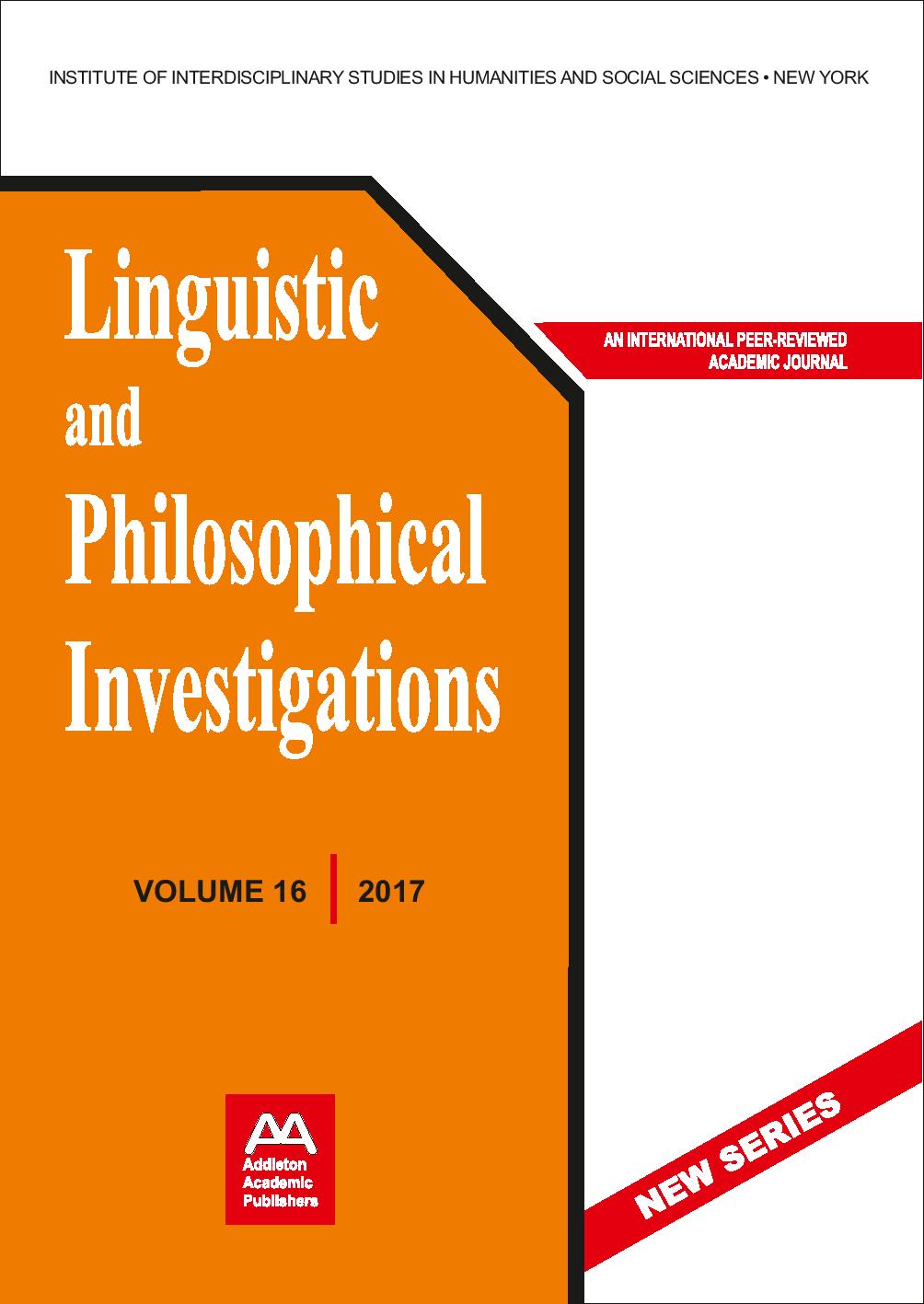UNAMUNO’S MIRROR-GAMES: ON THE SEEMING OMNIPOTENCE AND MEANINGFULNESS OF WRITING IN THE GRAMMATICAL VOID
UNAMUNO’S MIRROR-GAMES: ON THE SEEMING OMNIPOTENCE AND MEANINGFULNESS OF WRITING IN THE GRAMMATICAL VOID
Author(s): José María ArisoSubject(s): Other Language Literature, Pragmatism, Analytic Philosophy, Philosophy of Language
Published by: Addleton Academic Publishers
Keywords: Unamuno; meaning; immortality; Wittgenstein; certainty; knowledge;
Summary/Abstract: Miguel de Unamuno wanted the readers of some of his novels and plays to seriously doubt whether they are fictitious characters, for such a doubt should lead them to fervently crave for immortality. In this article, I argue that, even though the doubt raised by Unamuno is unintelligible from a grammatical standpoint, it may at least be vaguely imagined, which is just what he needs in order to maintain a vicious circle generating faith that allows us to understand the purpose of his work and, by extension, to try to fill the reader’s life with meaning.
Journal: Linguistic and Philosophical Investigations
- Issue Year: 2017
- Issue No: 16
- Page Range: 90-103
- Page Count: 14
- Language: English
- Content File-PDF

